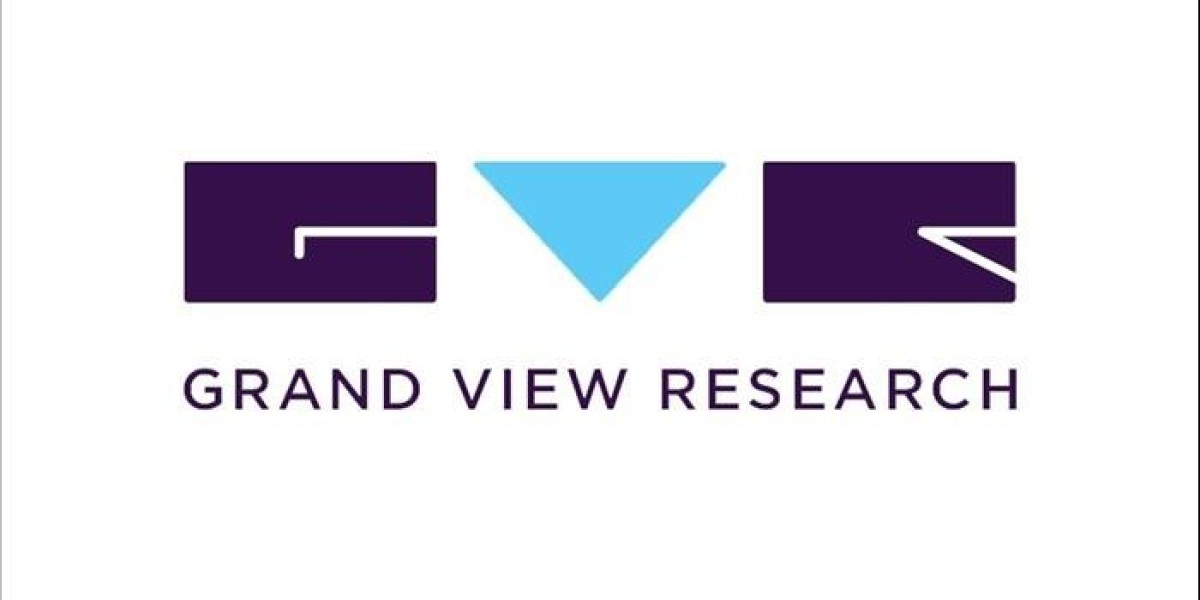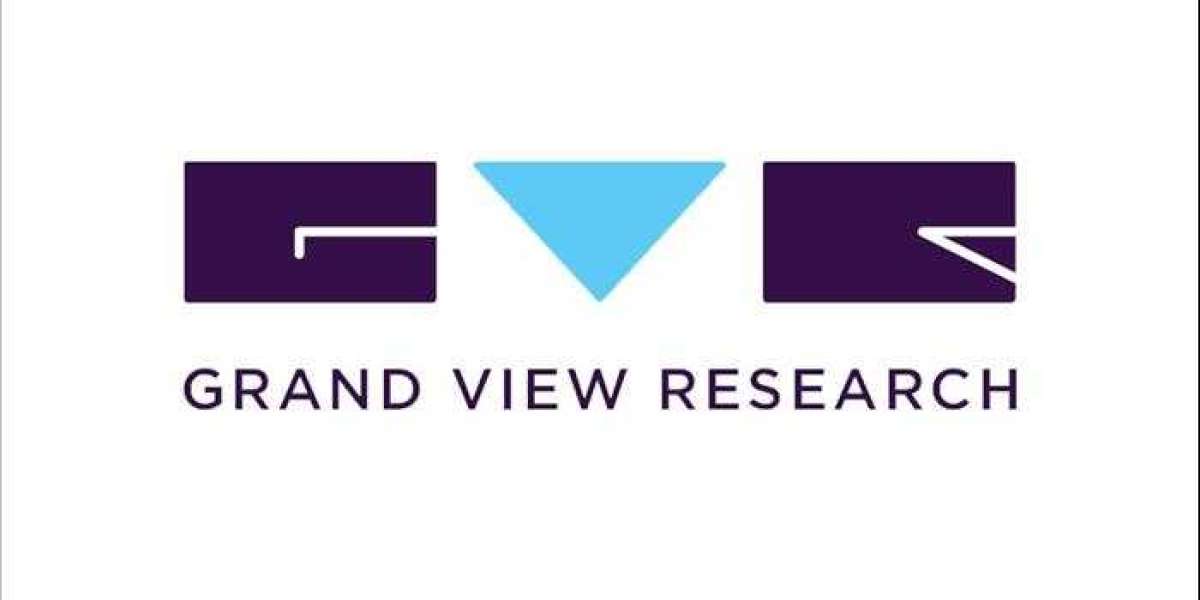Corn Starch Procurement Intelligence
This corn starch category is anticipated to grow at a CAGR of 6.60% from 2023 to 2030.
North America is the leading market in this category primarily because of its large consumption of processed and convenient food products which is driven by a growing population and higher disposable incomes. In the Asia-Pacific region, rapid economic expansion and changing consumer lifestyles contribute to the fastest CAGR with China leading the market and India showing the highest growth rate in this category.
Order your copy of the Corn Starch category procurement intelligence report 2023-2030, published by Grand View Research, to get more details regarding day one, quick wins, portfolio analysis, key negotiation strategies of key suppliers, and low-cost/best-cost sourcing analysis
Corn Starch Procurement Intelligence Report Scope
The Corn Starch category is expected to have pricing growth outlook of 2 - 4% from 2023 to 2030, with below pricing models.
- Cost-based or Market-based Pricing
- Dynamic Pricing
- Contract Pricing
Supplier Selection Scope of Report
- Cost and pricing
- Past engagements
- Productivity
- Geographical presence
Supplier selection criteria of Report
- Quality Assurance
- Supply Capacity and Reliability
- Traceability and Transparency
- Cost Competitiveness
- Financial Stability
Corn Starch Procurement Intelligence Report Coverage
Grand View Research will cover the following aspects in the report:
- Market Intelligence along with emerging technology and regulatory landscape
- Market estimates and forecasts from 2022 to 2030
- Growth opportunities, trends, and driver analysis
- Supply chain analysis, supplier analysis with supplier ranking and positioning matrix, supplier’s recent developments
- Porter’s 5 forces
- Pricing and cost analysis, price trends, commodity price forecasting, cost structures, pricing model analysis, supply and demand analysis
- Engagement and operating models, KPI, and SLA elements
- LCC/BCC analysis and negotiation strategies
- Peer benchmarking and product analysis
- Market report in PDF, Excel, and PPT and online dashboard versions
Corn Starch Procurement Cost and Supplier Intelligence
The price and cost of this category are influenced by supply, demand, production costs, competition, and customer preferences. The primary cost driver is raw materials with corn and enzymes contributing to over 70% of overall costs. Other significant cost components include corn handling, storage, steeping, germ separation, fiber separation, gluten separation, and starch washing. Approximately 55% of the total corn mass is converted into corn starch, emphasizing the importance of raw material expenses and production steps in determining the cost structure.
While sourcing for this category, it is crucial to adhere to the best practices like ensuring quality, sustainability, and compliance with food rules and regulations. Key practices include thorough supplier verification, traceability, compliance with food regulations, sustainability considerations, quality control, and fostering continuous improvement. Businesses should verify supplier certifications, such as ISO 22000 or HACCP, and prioritize transparency and traceability. Compliance with reputable regulatory bodies like the FDA or EFSA is essential. Sustainability should be promoted through responsible sourcing and environmental practices. Open communication with suppliers facilitates collaboration and continuous enhancement of sourcing practices. These practices considering food rules and regulations ensure high-quality, safe, and sustainability for this category.
List of Key Suppliers
- Roquette Frères S.A
- Archer Daniels Midland Company (ADM)
- Cargill Inc.
- Hodgson Mill
- Associated British Foods plc
- Beteiligungs AG
- Tate & Lyle PLC
- Ingredion Incorporated
- ACH Food Companies
- Global Bio-Chem Technology Group
Add-on Services provided by Grand View Research Pipeline:
- Should Cost Analysis
Component wise cost break down for better negotiation for the client, highlights the key cost drivers in the market with future price fluctuation for different materials (e.g.: steel, aluminum, etc.) used in the production process
- Rate Benchmarking
Offering cost transparency for different products / services procured by the client. A typical report involves 2-3 case scenarios helping clients to select the best suited engagement with the supplier
- Salary Benchmarking
Determining and forecasting salaries for specific skill set labor to make decision on outsourcing vs in-house.
- Supplier Newsletter
A typical newsletter study by capturing latest information for specific suppliers related to: M&As, technological innovations, expansion, litigations, bankruptcy etc.
Browse through Grand View Research’s collection of procurement intelligence studies:
Personal Protective Equipment Procurement Intelligence Report, 2023 - 2030 (Revenue Forecast, Supplier Ranking & Matrix, Emerging Technologies, Pricing Models, Cost Structure, Engagement & Operating Model, Competitive Landscape)
Cleaning Services Procurement Intelligence Report, 2023 - 2030 (Revenue Forecast, Supplier Ranking & Matrix, Emerging Technologies, Pricing Models, Cost Structure, Engagement & Operating Model, Competitive Landscape)
Brief about Pipeline by Grand View Research:
A smart and effective supply chain is essential for growth in any organization. Pipeline division at Grand View Research provides detailed insights on every aspect of supply chain, which helps in efficient procurement decisions.
Our services include (not limited to):
- Market Intelligence involving – market size and forecast, growth factors, and driving trends
- Price and Cost Intelligence – pricing models adopted for the category, total cost of ownerships
- Supplier Intelligence – rich insight on supplier landscape, and identifies suppliers who are dominating, emerging, lounging, and specializing
- Sourcing / Procurement Intelligence – best practices followed in the industry, identifying standard KPIs and SLAs, peer analysis, negotiation strategies to be utilized with the suppliers, and best suited countries for sourcing to minimize supply chain disruptions








